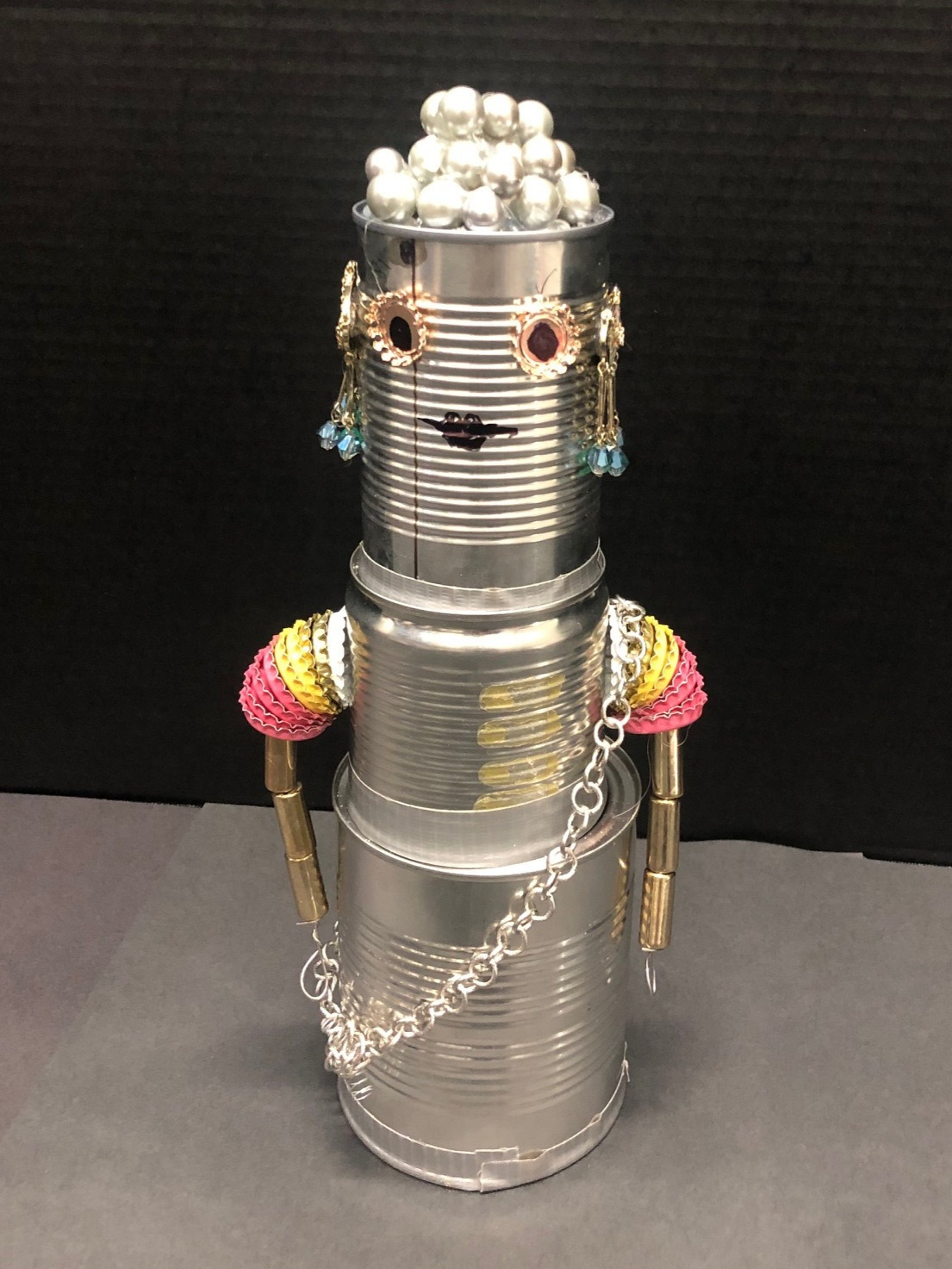Robot Art and Robotic Social Emotional Habits
/Every year, TMH students and the whole staff work together to create a capstone art project that allows each student to put into action all the social emotional curriculum learned throughout the year. This year students became particularly fascinated by robots and technology, the connection between the two, and the messaging behind it all. Students had varying opinions on the every expanding and changing role of technology for kids. Some students admitted to being glued to devices such as cellphones, computers, and iPads, citing them as instrumental resources in their lives. One student exclaimed, “I feel like I’m addicted. Once my mom turns the lights off, I pull out my iPad and I’m up all night.” Other students, shared that the use of technology was becoming too much and taking away from family time and face to face interaction. “I don’t get it,” one child exclaimed. “I’m not allowed to use my phone but my mom sits at the table during dinner glued to hers.” Everyone had a unique perspective to share, and students were eager and pleased to hear from their fellow classmates.
Students were instructed to make robots using only recycled materials that parents and students were asked to bring in. What started as a few tiny cans, turned into a landfill of unique recycled materials with unexpected items such as salt shakers, silverware, film canisters, doorknobs, and many more unexpected materials. Students worked collaboratively, supporting each other in taking healthy risks such as learning to use a hammer and nail, drill saw, and other unique challenging experiences. Students exemplified and stretched their strong social emotional skills throughout the process. They learned to be flexible thinkers- that their original handwritten blueprint for how their project was going to look and work would constantly change throughout the experience and they must be willing to adapt and problem solve in order to find the right material combinations to fit their needs. These unexpected changes, brought about challenging emotions, and students learned to tolerate their frustrations and support each other throughout the whole process.
Moreover, what students were astutely tapping into was the robotic nature that all humans take when technology is inserted into the equation. When we refer to someone as acting robotic, we mean they are going through the emotions, with a certain lack of self-awareness and depth of emotions. As we hammer our last cans together 2019, we ask the question , “What is technology doing to your child.” Some research suggests that screen time has altered human physiology. It makes us think differently, feel differently, even dream differently. It affects our memory, attention spans and sleep cycles. Face-to-face interactions are key to healthy social skills. For young people, they are essential in learning to notice and interpret non-verbal cues, in connecting with others, and in developing empathy. Our increasing time on digital screens, however, jeopardizes the development of healthy social skills, especially among our children and teenagers. In addition to digital communications replacing valuable face-to-face conversations, and social media contributing to social isolation.
Stay tuned for next month’s article where we will take a look at the functional and dysfunctional patterns of social media use and its impact on mental health.















